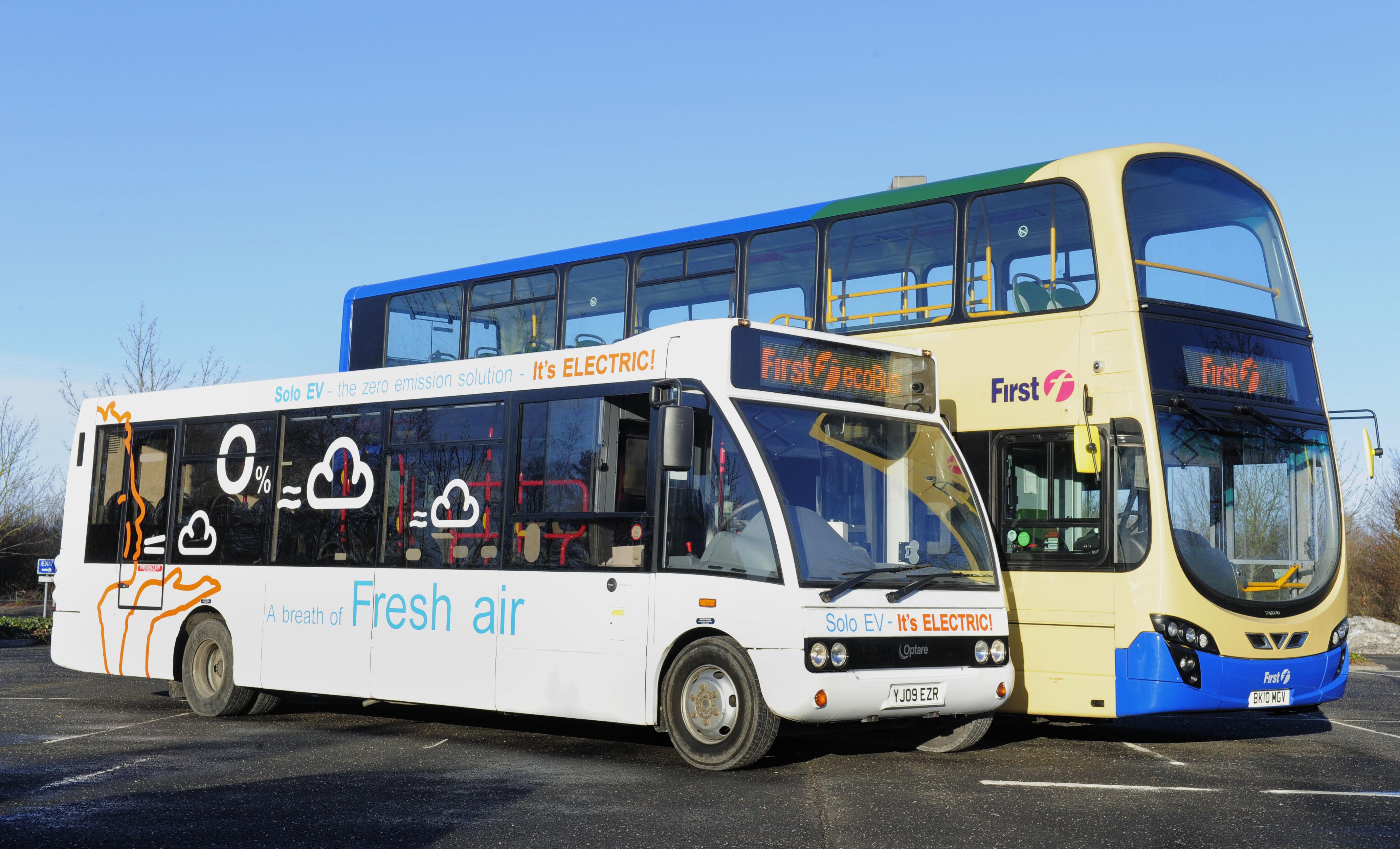Nearly 150 buses across the country to be fitted with pollution-reducing technology. York awarded £475k to make cleaner buses for the city

Sightseeing bus converted to battery power
More cleaner buses will be on the streets of towns and cities across England following the announcement of over £3 million funding today (11 March 2015).
York first pioneered the development of battery powered buses in 2010.
Seven towns and cities have been awarded government grants to fit green technology to existing buses to help improve air quality and create a better environment for residents and visitors.

Electric buses pioneered by York in 2010
Baroness Kramer said:
The £3 million funding announced today will help improve town centre air across England, benefitting residents and businesses. These grants continue this government’s commitment to lowering emissions from public transport and support the growth of green transport in the UK.
The funding is the latest tranche of support from the Clean Vehicle Technology Fund, which has retrofitted more than 1650 vehicles with green technology.
This round of awards will see technology suitable for the stop-start nature of bus travel fitted, including exhaust gas treatment and flywheel hybrid technology, developed originally for Formula 1.
The successful projects will monitor the effectiveness of the technologies to provide vital information on the working life of green vehicle upgrades.
York saw the launch of the world’s first double decker conversion of a City Sightseeing tour bus in York to fully electric drive last year.
The DfT’s Clean Vehicle Technology fund will now enable the conversation of an additional five buses into ‘zero emission motion’ – meaning electric motors.
The electric retrofitted vehicles will eliminate the emission of 2000kg of poisonous Nitrogen Dioxide (NOx) per year and reduce the carbon footprint by 95 tons CO2. Operating costs of the electric buses will save over £75k per year.
The converted buses are quieter and emit no pollution from the tailpipe as they run entirely on electric motors and battery packs.
The electric range is more than enough to complete a full day of touring and the buses will trickle charge overnight at their depot, using low carbon off peak electricity.
